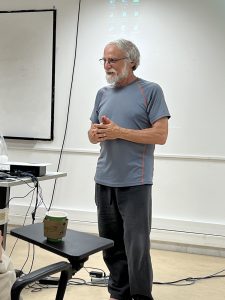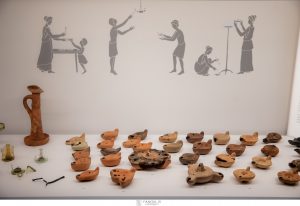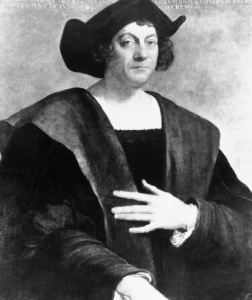Greek and Latin courses are growing in popularity in Spain. According to the El Pais newspaper, while interest in foreign-language courses is dwindling significantly in Spain’s universities, the opposite is true of classical studies, which seem to be growing in relevance for Spanish students. As data from the Spanish Ministry of Science, Innovation and Universities show, over the last decade, enrolments in university language departments have fallen by 25%, while graduates in modern and applied languages, a category created in 2014, have fallen by 34%. The reduction in student enrolment for individual disciplines such as French, German or Arabic is as high as 45%, despite the advent of artificial intelligence creating a need for a multilingual workforce.
Classical studies
Over the same period, classical studies have experienced something of a renaissance. The University of Seville is typical in this respect, where the number of freshmen enrolling in Greek and Latin Literature increased from 60 to 80 over a single academic year. Across all of Spain’s institutions of higher education, 540 students studied ancient languages in the 2023-24 academic year, which constitutes a 26% increase over the decade since 2014-2015. “The rise in interest stems from the excellent work being done by our colleagues in secondary education. For a long time now, almost everyone involved has had considerable expertise,” Francisco J. Gonzalez Ponce, former Dean of Literature at the university, told the Spanish newspaper. “Then there is the appeal these languages have. Latin is very hard, because it is very abstract. But when we start to understand it, Latin becomes a torrent that carries us away and, naturally, enlightens us.”
His praise for the systematic teaching of Ancient Greek and Latin in Spanish secondary schools is echoes by Mario Jalon, a first-year student of Classics at the University of Seville. He chose this direction because of the love instilled in him for these languages by his high school teacher, Manuel Muriel. “He was nuts, and would talk to us about mythology with such intensity, he managed to pull us in”, he told El Pais.
If one considers that enrolments for English, Europe’s lingua franca, have fallen by as much as 25% since the end of a long boom in the language in Spain, the rising interest in Greek and Latin at the university level shouldn’t pass unnoticed.








